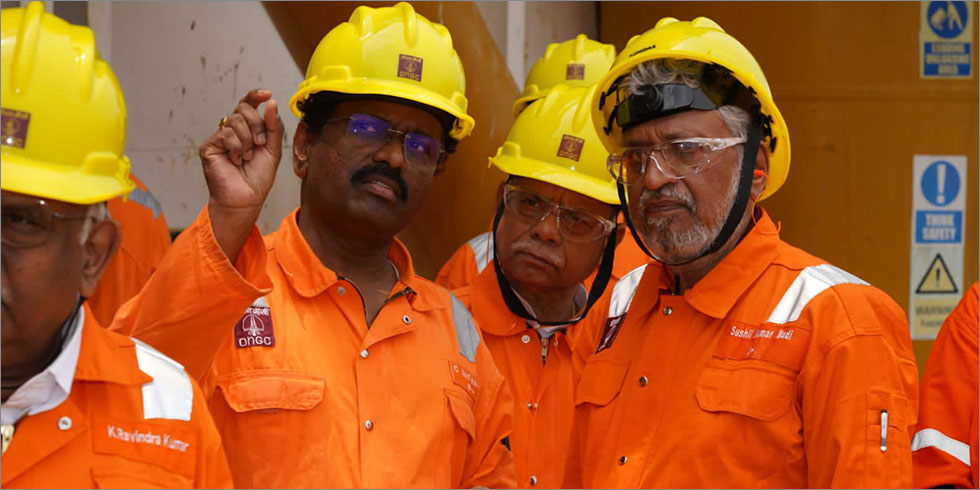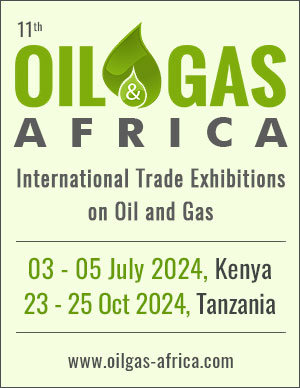KOLKATA – Oil and gas exploration and production (E&P) companies in India are seeking to have the natural gas pricing regime revised to allow for the setting of a minimum rate, as a sustained fall in prices is fast eroding the economic viability of operations.
The E&P companies, in a communication with the government, have pointed out that, over the last few years, revisions of government-administered natural gas prices have resulted in prices almost halving to below the average cost of production of most producers.
The companies are asking the government to set a floor price of $4.20 per million British thermal unit (mBtu), and that this minimum price prevail over all periodic revisions in prices.
The move to secure a natural gas floor price comes just ahead of the Indian government's marginal upward revision of the price at $2.70/mBtu, effective April 1, just a shade higher than the prevailing administered rate of $2.50/mBtu.
The Indian government in 2015 put in place a natural gas pricing regime under which the national price was pegged based on the average gas price in the US, Canada and Russia.
However, critics of this pricing regime, principally the E&P companies, have argued that the reference countries used to benchmark had natural gas surpluses and that prices prevailing in those regions could not be applied to a gas deficit and import dependent country like India.
India's national E&P major ONGC said in a communication to the government that, “keeping in view the cost of production of gas, costs of alternate fuels and other market dynamics, the ministry of petroleum and natural gas is requested to review the existing domestic gas pricing formula and provide a floor price at least to the level of an earlier administered regulated price of $4.20/mBtu or the level prevailing in June 2010”.
Through a recent amendment to the natural gas pricing rules, the Indian government currently permited pricing freedom only to operators who had secured "difficult"
oil and natural gasfields for exploration and production through the auction route. Such pricing freedom was not applicable to operators already producing energy resources from fields awarded earlier on through the now defunct "nominated dispensation".
Meanwhile, in a related development, India’s Cabinet Committee on Economic Affairs (CCEA) on Wednesday approved a proposal to grant the extension of licences of oil- and gasfields on the payment of an additional 10% of profits.
The immediate beneficiary of this rule would be Cairn India, which operates fields in Rajasthan province, with its exploration licence slated to expire in 2019. The company had been seeking a ten-year extension to its licence.
The CCEA noted that the change would enable existing operators to extract remaining reserves from their existing leasehold but also plan to exploit additional reserves through newer technologies.








Add Comment